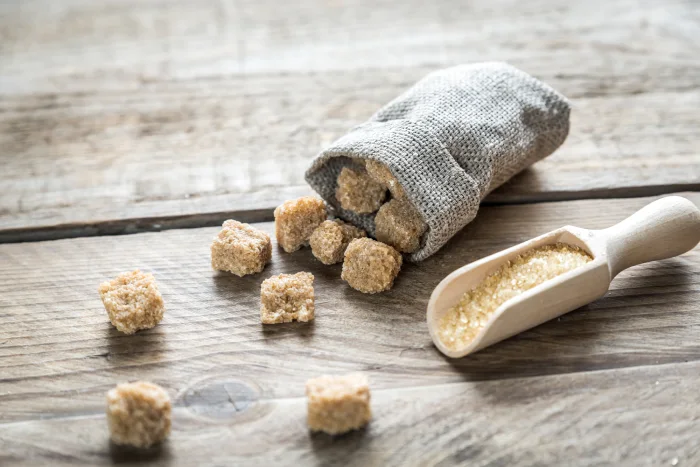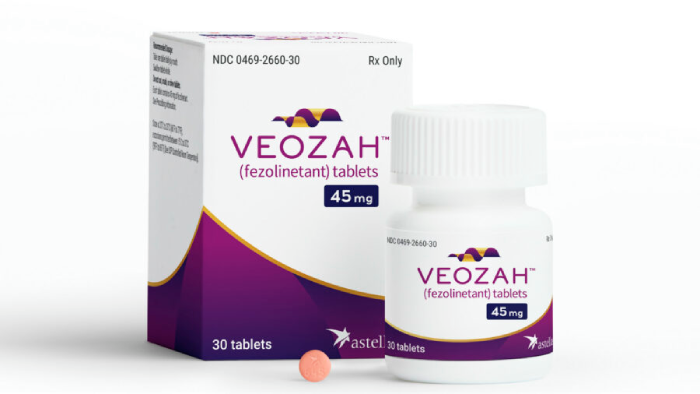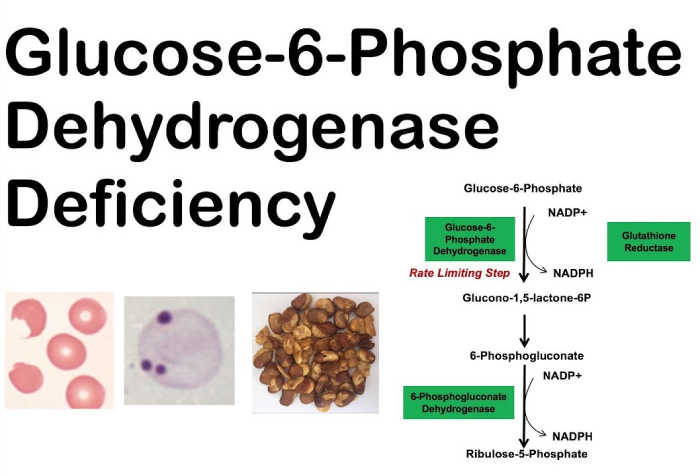Polysaccharides as Prebiotics, Synbiotics, and Postbiotics for Better Infant Nutrition
Human milk is a rich source of essential nutrients that play a vital role in the growth and development of infants. However, infant formula becomes necessary when breastfeeding is not an option. A major difference between human milk and infant formula lies in their prebiotic content, which can result in suboptimal gut health for formula-fed infants. To address this gap, various dietary polysaccharides have been explored as potential solutions.
This review aims to examine the use of dietary polysaccharides as prebiotics, synbiotics, and postbiotics in infant formula to more closely replicate the benefits of human milk prebiotics on infant gut health. Previous research has highlighted the role of these polysaccharides in influencing gut microbiota, short-chain fatty acid (SCFA) production, and immune system development.When compared to prebiotics alone, synbiotics and postbiotics have shown greater promise in shaping the gut microbiota, preventing pathogen infections, and supporting immune system development. However, the safety of these biotics remains a concern, as more clinical trials with larger populations and longer durations are needed.
Additionally, clear and widely accepted regulations are crucial for overseeing these products. Certain polysaccharides, such as pectin, are believed to have similar effects to human milk oligosaccharides on gut health and barrier repair. Other polysaccharides like inulin and β-glucan have also demonstrated similar benefits. Prebiotics combined with probiotics or postbiotics in encapsulated forms show greater potential than traditional ingredients in improving the functionality of infant formula.
Commentary by YourDailyFit Columnist Alice Winters:

The shift from breast milk to infant formula is a crucial transition in early childhood nutrition, one that has historically posed challenges in replicating the complex array of bioactive components found in human milk. One of the most significant areas of research in infant formula development is the optimization of gut health, where human milk oligosaccharides (HMOs) play a central role. HMOs, which act as prebiotics in the gut, help to shape the infant microbiome, encourage the growth of beneficial bacteria, and support immune system development. However, infant formulas, which lack these prebiotics, may lead to less than ideal gut health outcomes for formula-fed infants.
This review sheds light on a promising area of research—dietary polysaccharides—especially those that can function as prebiotics, synbiotics, and postbiotics. By incorporating polysaccharides like pectin, inulin, and β-glucan, infant formulas could better mimic the effects of human milk on gut health. These polysaccharides are known to influence the gut microbiota positively, promote the production of short-chain fatty acids (SCFAs), and enhance immune system function. These are significant advancements, as SCFAs play a critical role in maintaining gut integrity and reducing the risk of inflammatory diseases.
The distinction between prebiotics, synbiotics, and postbiotics is particularly worth noting. Prebiotics are substances that support the growth of beneficial bacteria, while synbiotics combine prebiotics with probiotics to enhance their effects. Postbiotics, on the other hand, are byproducts of probiotics that can still provide health benefits even after the probiotics have been metabolized. The review emphasizes that synbiotics and postbiotics may have an edge over prebiotics in shaping the microbiome and protecting against pathogen infections—two crucial factors for infant health. This is an exciting direction for the future of infant formula, as it suggests a multifaceted approach that goes beyond simply adding one type of prebiotic.
The safety and regulatory concerns surrounding the use of these biotic ingredients cannot be overlooked. While there is a growing body of research supporting their efficacy, the review rightly points out the need for large-scale clinical trials to establish their safety, especially for infants whose systems are still developing. Furthermore, regulatory frameworks must evolve to ensure that these products meet rigorous standards, safeguarding infant health. It is essential that the industry develops clear, science-based guidelines to prevent the use of unproven or potentially harmful substances in formula products.
Another interesting aspect of this review is its exploration of encapsulation technology, where prebiotics, probiotics, and postbiotics are enclosed in protective materials to enhance their stability and efficacy in the digestive system. This innovative approach could significantly improve the functionality of infant formula by ensuring that these beneficial compounds reach the gut in optimal condition. In fact, this could be a game-changer in the way infant formulas are designed, offering a more holistic solution that integrates the benefits of multiple biotic compounds.
Despite the potential, there is still much work to be done before polysaccharides like pectin and inulin become widespread in infant formula. Research must continue to evaluate their long-term effects, not only on gut health but also on other aspects of infant development. Additionally, the commercial availability and cost-effectiveness of these ingredients need to be considered, as any breakthrough must be viable for mass production and accessible to a wide range of consumers.
In conclusion, this review underscores the exciting potential of dietary polysaccharides to enhance infant formula. The emerging field of synbiotics and postbiotics, along with innovations in encapsulation technology, holds promise for creating formula products that more closely resemble the benefits of human milk. However, as always, scientific rigor, safety testing, and regulatory oversight will be crucial to ensure that these advances benefit infants in a safe and meaningful way.



